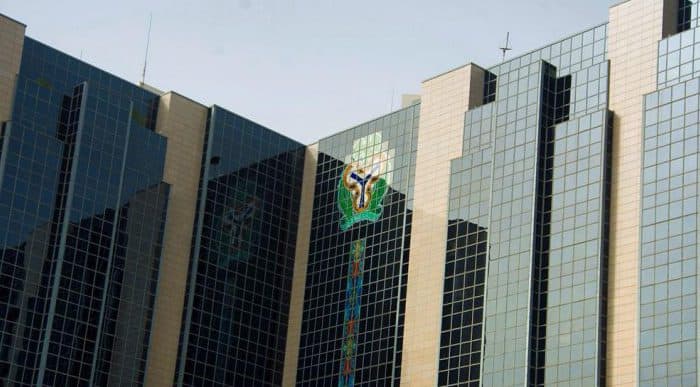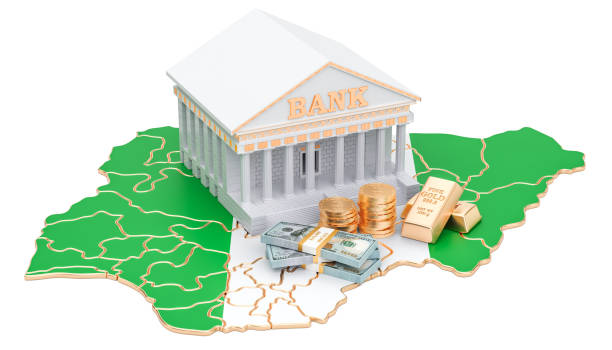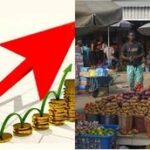The Monetary Policy Committee (MPC) of the Central Bank of Nigeria (CBN) said the removal of subsidy on Premium Motor Spirit (PMS) and the naira devaluation will fuel the inflation rate.
Members of the MPC stated that the continued hike in food and core inflation rates is a key challenge, considering its potential adverse effect on output growth and household income.
Join our WhatsApp ChannelThis was disclosed in the communique revealing details of the MPC meeting on Tuesday, where members of the MPC expressed concern over recent policies by President Bola Tinubu.
The MPC stated that there will be a pass-through effect to inflation, which was put at 22.79 per cent in June, following subsidy removal and exchange rate liberalization.
“The Committee’s considerations focused on the persistent rise in inflation and its potential adverse effect on output growth and household income.
“The continued uptick in inflation (month on month), driven by increase in both the food and core components of the CPI, in the view of members, remained a key challenge.
“The members also expressed concerns that the recent policy decisions around subsidy removal, exchange rate liberalization and disbursement of palliatives, would have pass-through effects to inflation,” the communique reads.
They asked for decisive measures to curtail the fallout of the measures, such as appropriate monetary policy instruments and collaboration between the monetary and fiscal authorities.
The MPC further stated that: “Members therefore called for decisive measures, by the Bank, to address the likely liquidity surfeit from these developments, including using appropriate monetary policy instruments.
“The Committee urged the monetary and fiscal authorities to sustain its collaboration towards addressing the inflationary pressure and incentivise domestic investment to reduce unemployment and boost output growth.
“It enjoined the Federal Government to continue to explore policies to improve investor confidence in the Nigerian economy and pave way for foreign and domestic investments.”


















Follow Us